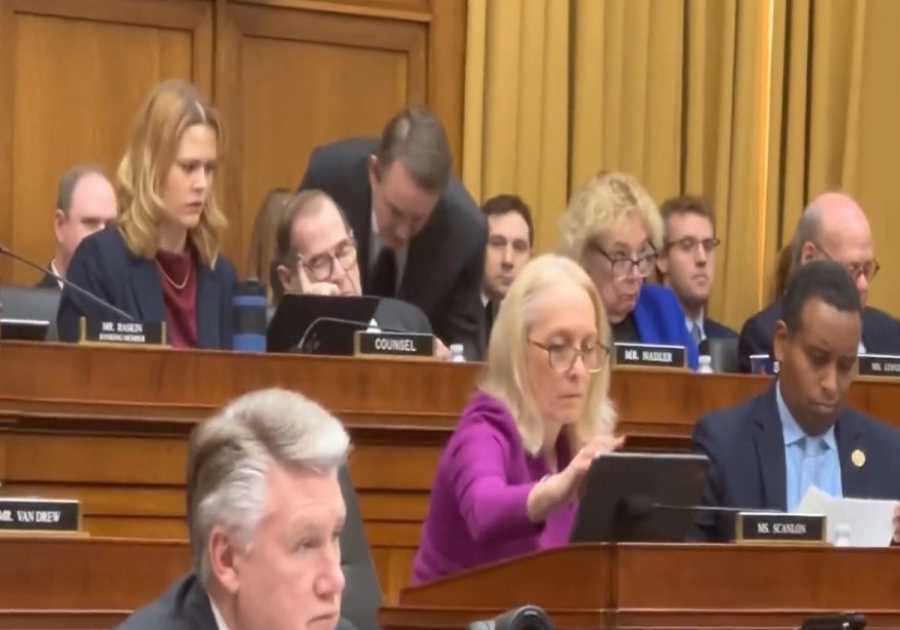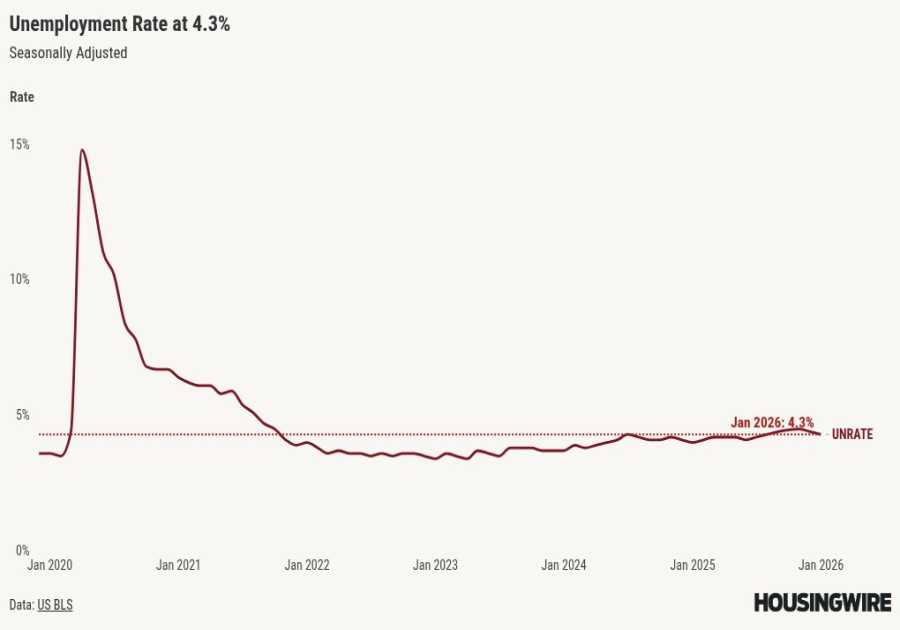If you want to lower your utility bills or are just concerned about air quality, a thorough inspection is just what the doctor ordered.
Growing up deep in the sweltering American South, there was a cardinal summertime sin: leaving the door wide open and letting out the cold, "bought" air. (It was right up there with letting the screen door slam shut.) But while reckless children are perhaps the fastest way to waste energy, they’re far from the only possible culprits. And many leaks are a lot harder to spot without the assistance of a professional. Enter the home energy audit.
"A home energy audit is a checkup for your home," explains Nick Stevens, Senior Software Engineer at electrification nonprofit Rewiring America and cofounder of Go Electric Colorado, as well as a certified building analyst professional through the Building Performance Institute. "It can deliver a personalized road map that will help you navigate how to make investments in your home." Here’s what you need to know about home energy audits—and why you may want to get one done pronto, before the end of 2025.
What’s a home energy audit?
A home energy audit is a type of inspection—an assessment of how a home is using energy and whether that performance could be improved. Stevens says the benefits boil down to three things: "comfort, health, and efficiency."
"It’s a top-to-bottom inspection of your home with focus on areas where you may not be going into that often," explains Matt Malinowski, buildings program director at the American Council for an Energy-Efficient Economy. "Maybe you know the living space of your home, but how well do you know your unfinished attic or crawlspace under your home, if you have one? And those areas are important, because that’s where the insulation is, that protects your home from heat loss or heat gain in the summer."
One key element of a thorough audit is something called a blower door test, in which an inspector fits a large canvas apparatus containing a fan over an exterior door. When that fan is turned on, it depressurizes the house, and the inspector then walks around the home with an infrared camera, looking for air that’s too warm or too cold, indicating it’s been sucked in from the outside through a leak. "It takes about half a day, and costs between $300 and say $600," says Malinowski.
Audits aren’t necessarily just about energy efficiency, either: "It’s a little bit of a misnomer," says Stevens. They also often include combustion safety testing on fossil fuel appliances, to check for carbon monoxide leaks, for instance. Some audits will examine your energy bills to see whether they just look off.
"Typically, the report is going to give you some sense of priority on the different pieces of your home you might want to address," says Stevens. "Probably one of the most common outcomes of an energy audit is to air seal and insulate your attic. This is one of the best things you can do to improve the comfort in your home, to improve the air quality in your home, and to lower your utility bills."
Who needs a home energy audit?
You’re particularly likely to want an energy audit if your home was built before the turn of the millennium, explained Stevens. "For anyone who has a home older than, say, the early 2000s, our building standards have changed so much that I think it’s worthwhile to just go and get one if you haven’t done one before." You might not even know what you’re missing out on, he says: "You don’t know what you’ll find because you’ve probably never experienced what an [air] tight home, what a super comfortable home is."
Homes built after the 2000s do tend to have a better "building envelope," he explained, keeping everything bottled up tighter. An audit is a good idea if there’s a drafty room in your home, or you’re worried about a potentially leaky appliance, or your bills just seem excessively high.
But ultimately, any home is a candidate, says Malinowski. He compares it to an annual physical: "You don’t know what you don’t know." Short of having a new home that’s been certified or rated to the highest efficiency standards, it’s a good idea; "basically any time I’ve had construction work done, there’s always some gaps or holes or other issues," he says.
How do I pick a provider?
As with choosing any contractor, Stevens recommends tried-and-true methods like asking friends for recommendations, as well as opting for a certified auditor. (You can see an extensive list of certification programs from the U.S. Department of Energy here.)
Beyond checking for the relevant certifications, you can ask specific questions, like whether they do blower door tests and combustion safety testing, as well as ensuring that they’ll be checking out-of-the-way areas like the attic, the crawl space, and the unfinished basement—all likely culprits for leaks.
What incentives are available?
There are currently federal tax incentives for both home energy audits and the resulting upgrades—until the end of 2025, that is. The Inflation Reduction Act, or IRA, provides a tax credit up to $150 for a home energy audit. All told, the Energy Efficient Home Improvement Tax Credit (also known as the 25C tax credit) provides up to $3,200 for qualified energy efficiency home improvements, such as installing heat pumps. But those incentives are only available through the end of the year.
There may also be additional incentives, available area by area, perhaps from local utilities or state or city-level efficiency programs. Rewiring America has a savings calculator to help parse what’s available. Stevens also points out that many places in the U.S. have weatherization programs specifically for low-income households that may cover all or part of an audit and the resulting upgrades.
Can I DIY this?
Theoretically, you could attempt a DIY home energy audit, but Stevens says that, thanks to the amount of specialized equipment and knowledge required for a thorough job, you’d be better off diligently maxing out your local, state, and federal incentives: "It is possible in some areas to get a totally free energy audit due to the amount of incentives available."
In fact, he said, follow-on projects like insulation and air sealing are often DIY-friendlier, and he’s done them himself. "Having an energy auditor help you understand the scope of those projects ahead of time can make it easier to DIY them and make sure you don’t miss anything," Stevens said, offering the example of his own home. "I’ve got a vaulted ceiling behind me, and my beams had some leaks in them, and the bookshelf down there had some leaks in it, and I wasn’t going to find those on my own." But with an in-depth report in hand, he was able to seal them up, as well as insulating his attic. Be warned, though: "It is some of the hardest work I’ve done in my life."
Ultimately, a home energy audit helps you plan better: "With the audit report, the homeowner or the property owner will have a road map, and then they can be strategic about what work they can take on," said Malinowski. "You can get away from being reactive to being proactive." Instead of waiting until your furnace dies on the coldest day of the year before replacing it in a panic, you can anticipate the problem and make better, more efficient choices that’ll serve you well in the long term.
Stevens stresses the fact that an energy audit can help you figure out how to make your home a better place to live: "I always put comfort first, because we spend a lot of time in our homes," says Stevens. "An energy audit can help us understand how we could make a small investment in our home, this thing we spend a ton of time with, that can help give us decades worth of comfort or health or efficiency in our home."
Related Reading:
What You Need to Know About Heat Pumps
5 Energy-Efficient and Stylish Ways to Shade Your Windows
Read More
By: Kelly Faircloth
Title: Do You Need a Home Energy Audit?
Sourced From: www.dwell.com/article/do-you-need-a-home-energy-audit-5a3c3c32
Published Date: Tue, 23 Sep 2025 13:02:18 GMT
.png)





